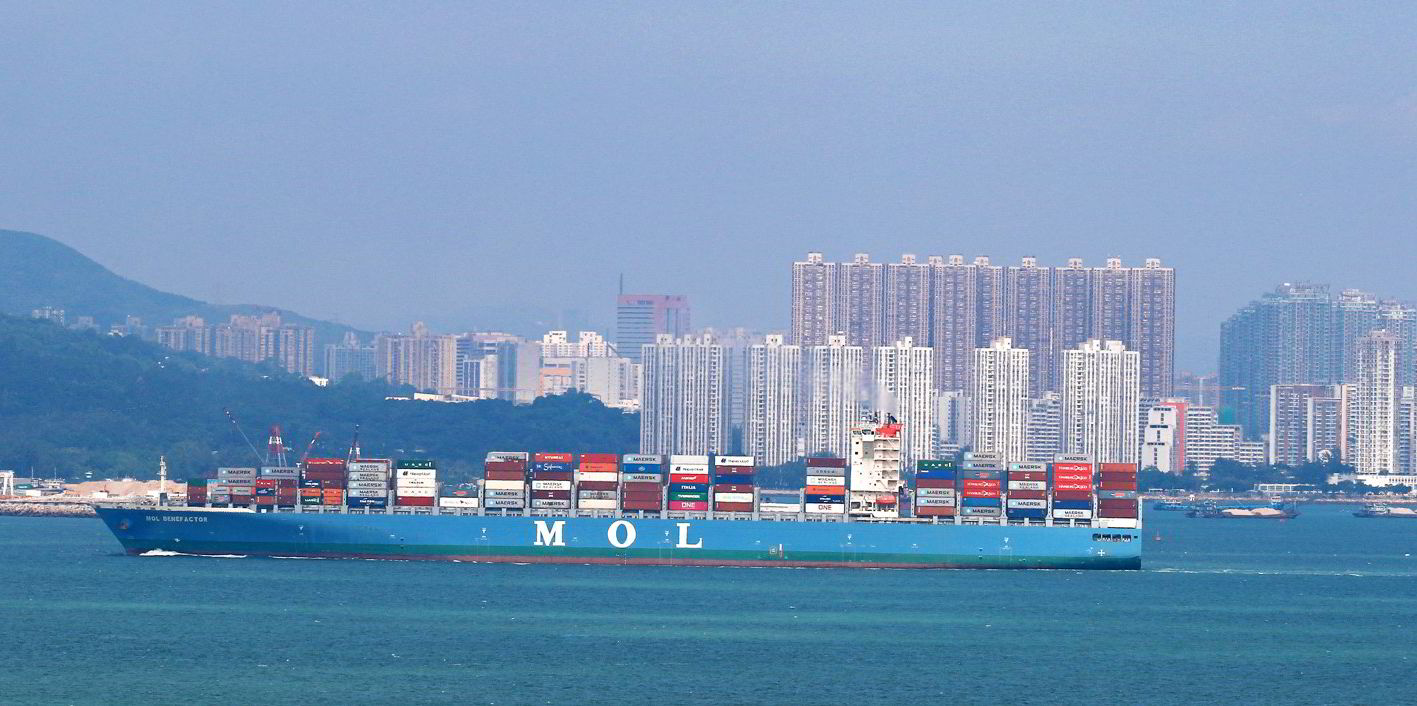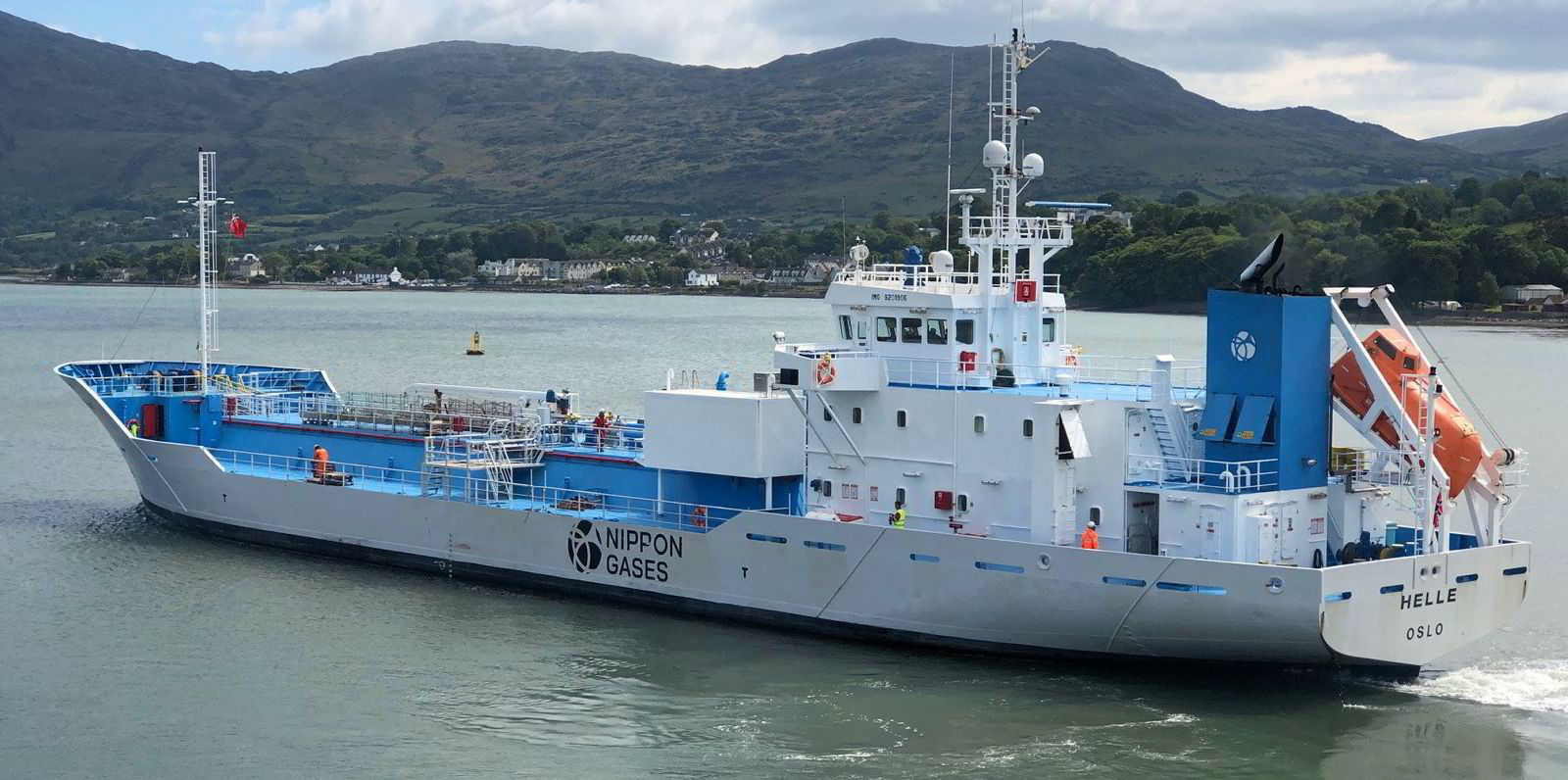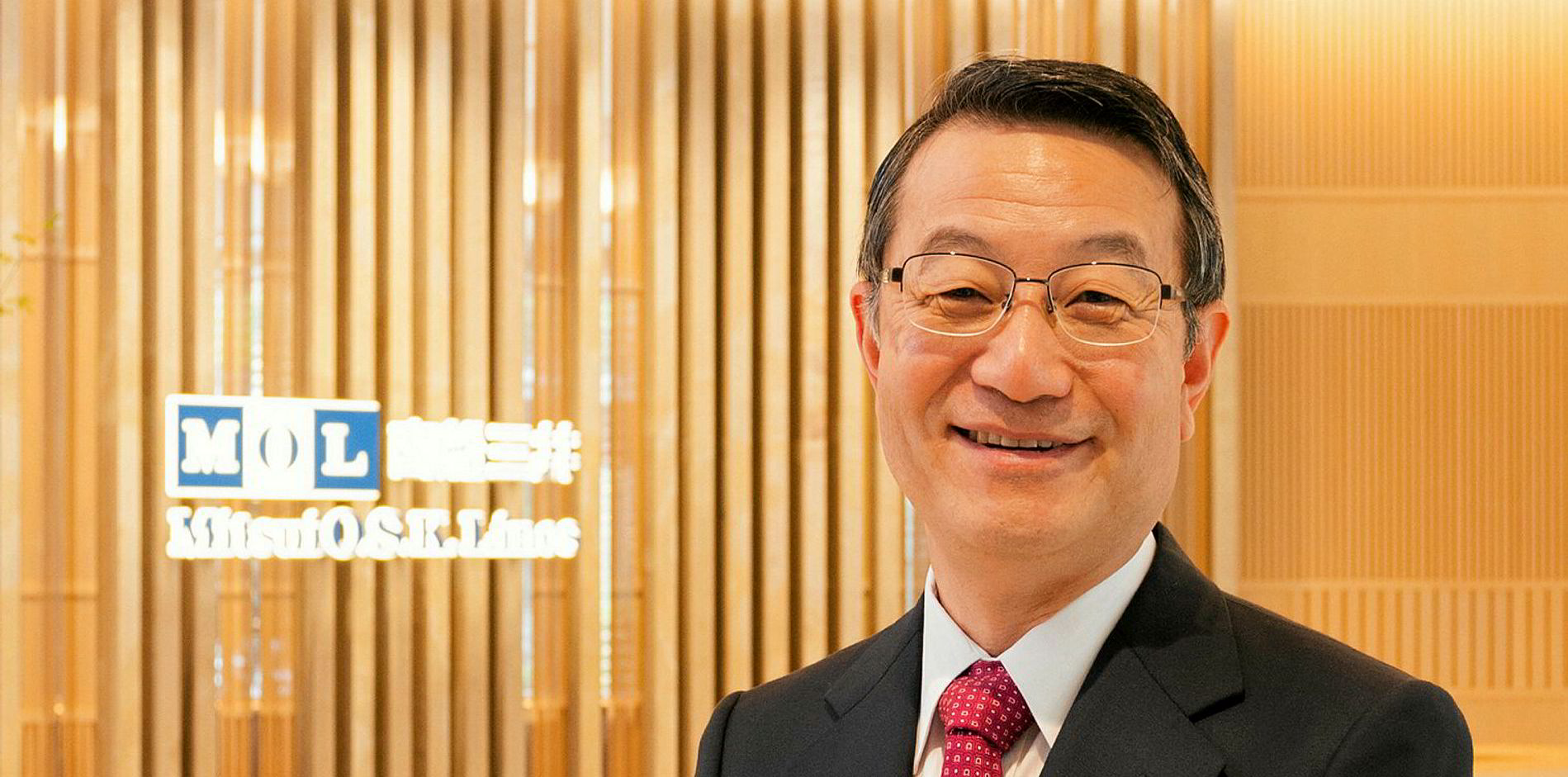Mitsui OSK Lines and K Line are to both carry out research into the potential for large-scale CO2 carriers as part of a larger Japanese project to reduce greenhouse gas emissions.
The research is being carried out under the auspices of the New Energy and Industrial Technology Development Organisation (NEDO), Japan’s national research and development agency.
In late March this year, NEDO publicly called for proposals on a CO2 capture, utilisation and storage (CCUS) research covering a large-scale CCUS demonstration project in Tomakomai, Hokkaido, and transportation of CO2.
MOL and K Line both said CO2 capture, utilisation and storage (CCUS) technology is expected to play a key role in contributing to the achievement of carbon neutrality by 2050.
Both Japanese shipowners gave few details about the design concept except that it will probably transport around 10,000 tonnes of CO2 annually.
MOL entered the liquid CO2 transportation sector in March when it acquired an undisclosed stake in Norway’s Larvik Shipping.
The Tokyo-listed shipowner said at the time that the liquefied CO2 ocean transport business was “positioned for significant growth”, in step with the increasing adoption of CCUS.
MOL said Larvik Shipping had a “strong track record” in the transportation of liquefied CO2 and “extensive cargo-handling know-how”.
It added that both companies would discuss the adoption of larger ships, with an eye towards expanding both upstream and downstream and in the CCUS value chain.
MOL recently joined the Australia-based Global CCS Institute (GCCSI), an international think tank on carbon capture and storage.
GCCSI's mission is to accelerate the deployment of carbon capture and storage and boasts a diverse membership that includes representatives from governments, private companies, research institutes and non-governmental organizations.
K Line said it has a “long history and diversified track-record” in ownership and technical management of liquefied gas carriers.
The shipowner is already participating in the CO2-free Hydrogen Energy Supply-Chain Technology Research Association (HySTRA) and recently demonstrated the world's first liquefied hydrogen (LH2) carrier.
The 1,250-cbm Suiso Frontier (built 2020), which was built by Kawaskai Heavy Industries, can transport LH2 at a temperature of -253C.





